Should You Buy Real Estate in Costa Rica?
For decades now, expats, investors, and retirees have flocked to Costa Rica in search of the some of Central America’s best real estate.
Today, Costa Rica’s property market has skyrocketed in foreign demand, and therefore, in prices. For San José, average house pricing rose 6.2%, to $1,201 per square meter (or $111.58 per square foot).
Also, condominium prices increased by 3.6%, to an average of $1.685 per square meter (or $156.54 per square foot).
This trend is expected to continue, especially for popular gringo spots like the Central Valley. San José, Heredia, and Escazú, where the majority of economic activity takes place.
And although prices can be cheaper in the regions and some beach spots, popular locations are seeing dramatic increases in demand. Playa Langosta, Tamarindo, Playa Grande, Drake Bay, Santa Teresa, Playa Guiones and Nosara are some examples.
Finding The Best Property Prices In Costa Rica
Still, there are lots of deals and bargains in the inner regions. We particularly like San Ramón, as it is a well planned, little and quaint town to discover, with a climate that may be close to perfect.
Still, for the beach life you can find prices in these ranges:
Costa Rica Property Laws For Foreigners
There is a great advantage for foreigners when considering the purchase of real estate in Costa Rica. Here, expats have the same rights as the locals for most types of real estate.
That means you can own property to your name or in the name of a corporation, and you don’t need a local partner.
The only exception to this rule has to do with beachfront concession property, as other laws apply to this case.
Check currency conversion at today’s exchange rate.
Buying Property In Costa Rica
Today, most Costa Rican properties need registration in a national system called “Folio Real”.
This system will show all of the property’s data, and a search is advisable prior to considering an offer to buy. Of course, there are a few properties that may not be listed, but they still could have a record in the Public Register.
Buying land, there are usually two types of property rights: Ownership rights (derechos de propiedad) and Occupation rights (Derechos de Ocupación).
Occupation rights mean unregistered land that cannot title-searched, and that must be registered. You should be aiming at buying a land already registered and ready to deliver ownership rights.
After choosing the property of your dreams, you will have to enact an offer letter with your attorney, addressed to the property owner. After you agree on an amount, you can move on to enact a transfer deed (escritura de traspaso).
All this paperwork has to go through a notary. Then, your attorney will write a power of attorney (Poder) in order to represent you in the sale process. A survey plan (Carta Catastral) will also be required to complete the process.
Types Of Costa Rican Real Estate
Fee Simple
As the name suggests, it’s the most simple and complete form of real estate ownership in Costa Rica. The conditions are the same for nationals and foreigners. This gives the owner total rights on the property and give it the use they see fit.
Concession Property And The Maritime Zone Law
Commonly known as beachfront property in Costa Rica. The government issues a time-limited concession for a private party, similar to a lease.
These leases last usually 20 years, and many leases can be acquired. As long as the owner doesn’t violate any of the concession terms (like respecting green zones, or building accordingly to the terms) and pays the annual fees, the government must renew for another 20 years.
Most importantly, 95% beachfront property in Costa Rica is handled this way.
There is a 200-meter measure to define the boundary of the maritime zone. This measure divides like so:
Properties In Condominium
Essentially, it’s the same as Fee Simple, but with some restrictions set by the developer. In this case, it’s advised to get a copy of the developer’s by-laws to check for any land use restrictions, architectural guidelines, etc.
Untitled Property
These usually come from families that inhabit the property for generations, which eventually claim ownership of the land. These are not recorded at the Public Registry, so there’s no actual title or it is unclear. This is the type of property to avoid like the plague.
Time Share
Known by most Americans, this option lets the owner the right of using a property for a certain amount of time per year. However, timeshare resorts are not common in Costa Rica.







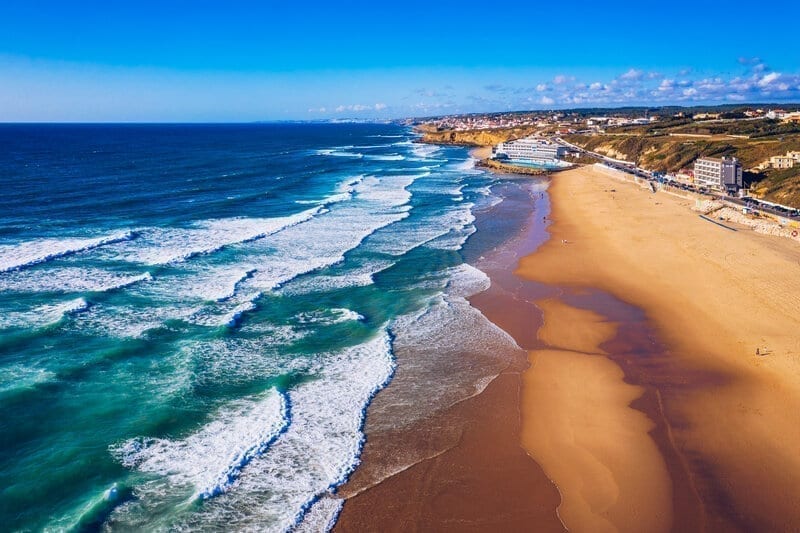

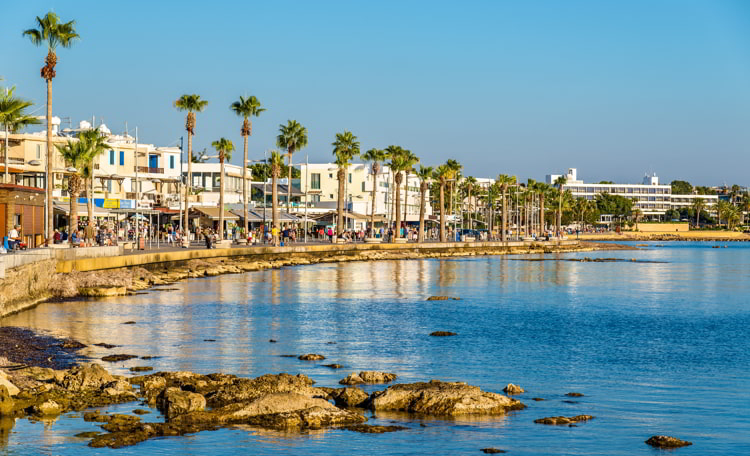 . '
. '
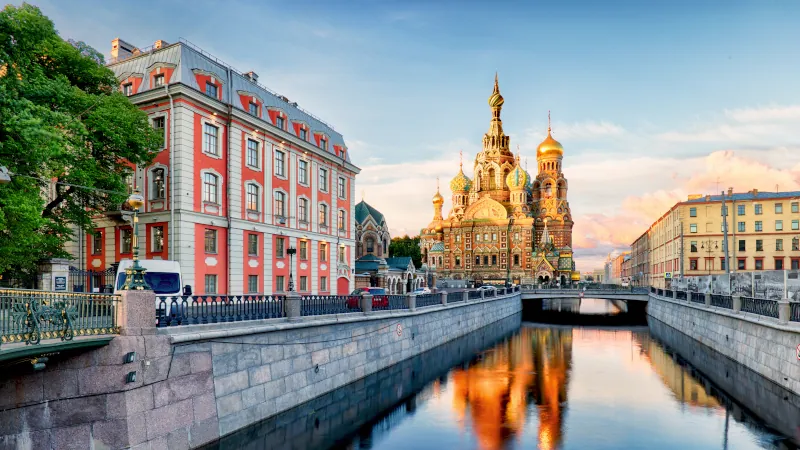 . '
. '
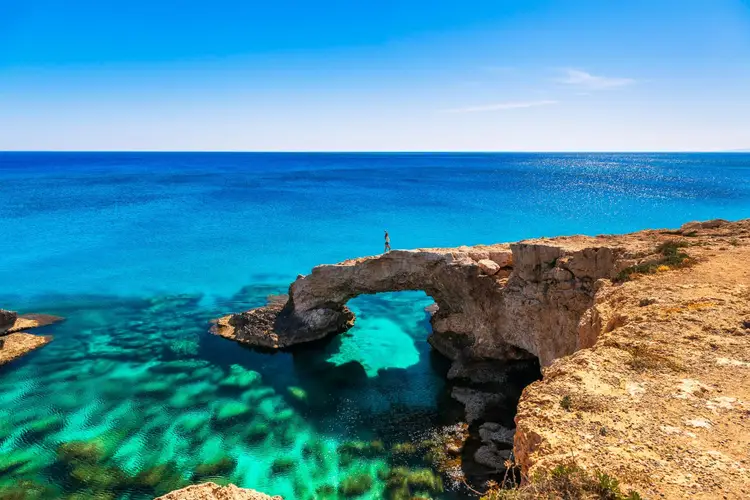 . '
. '
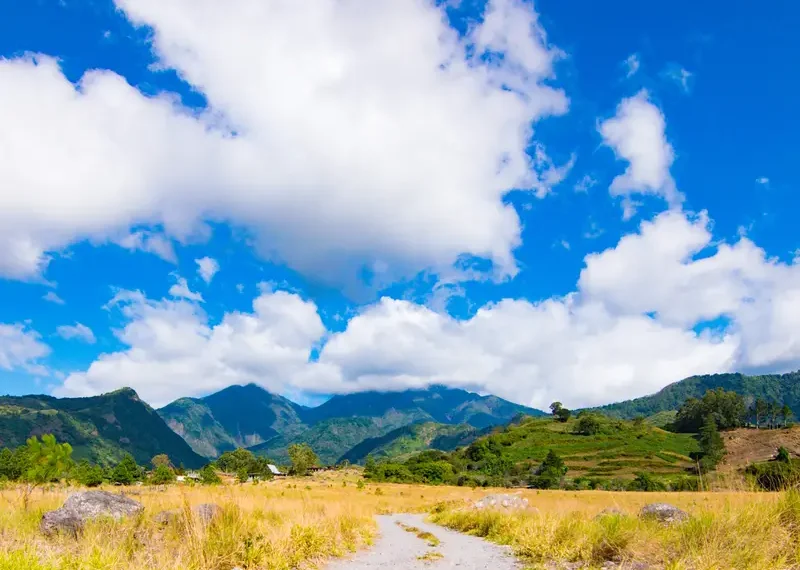 . '
. '
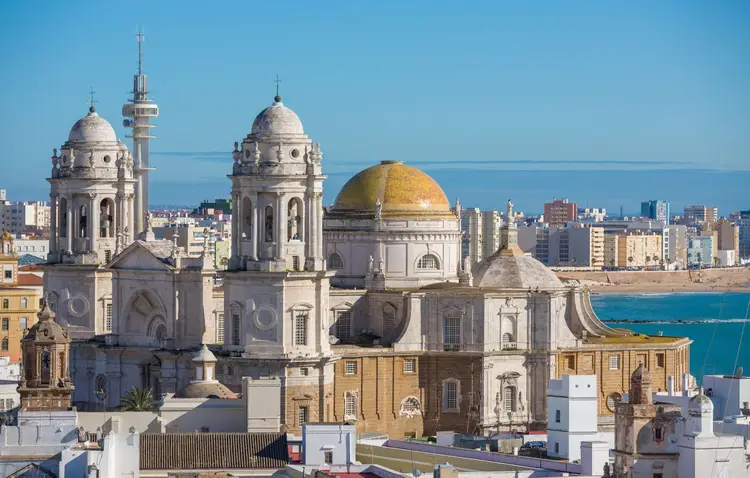 . '
. '








